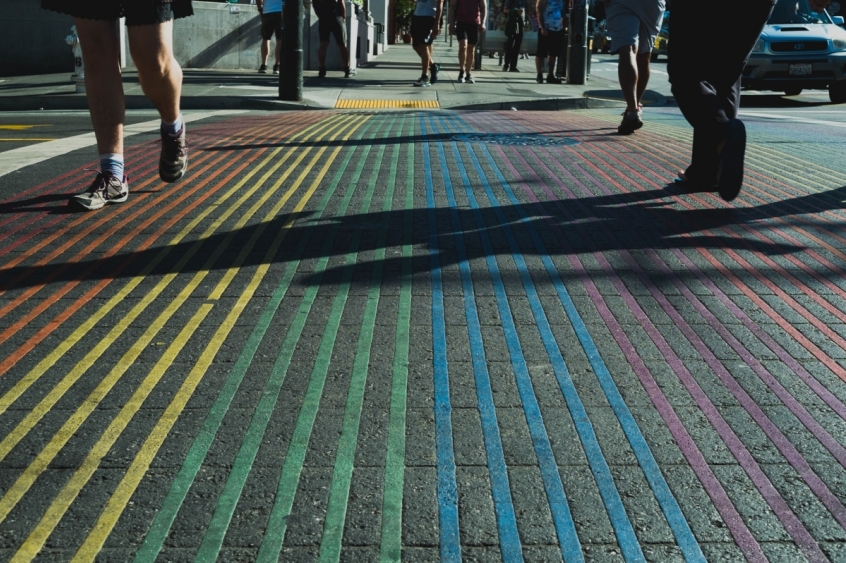
The Evangelical Alliance has defended a letter to the Government outlining concerns about the impact of a conversion therapy ban on religious liberty.
The letter was penned by the EA's UK Director Peter Lynas after the Government said last week that it was committed to banning conversion therapy.
In the letter, the EA warned that without a clear definition of conversion therapy, any legislation could end up "restricting individual freedom and impinging on essential religious liberty - potentially criminalising Christians and common church activities".
The letter triggered a strong reaction on social media from Christian LGBT campaigners and supporters.
Anglican equality campaigner Jayne Ozanne, who last week quit the Government's LGBT+ advisory panel, said the letter was "clear proof that those who wish to continue the practice of conversion therapy wish to do so with impunity, deaf to the cries of the multitude of people they have harmed".
"The government has a clear choice - to side with the perpetrators [or] to protect vulnerable victims," she said.
Christian LGBT campaigner Steve Chalke said he agreed with the need for a clear definition and that from his experience, conversion therapy had "rarely, if ever, been electro-shock treatment or corrective rape".
But he said that "oppressive practices are most dangerous when they are dressed up as 'pastoral support'."
"It has been abusive religious teaching, prayer for healing and so called 'pastoral care' based around the misguided and damaging belief that the sexual or gender orientation of LGBT+ people is an 'illness' which needs to be 'cured' or 'corrected'."
The letter has attracted criticism from politicians too, with Lib Dem MP Wera Hobhouse tweeting: "The Govt must not bend to pressure from the Evangelical Alliance and row back its promise to ban all types of conversation 'therapy' [sic]. This group is working to erase LGBTQ+ identities. This is not right. The voices of the victims must come first."
Defending the letter, Lynas said in a Q&A on the EA's YouTube channel that the principle problem with the proposed ban was a lack of definition around the term 'conversion therapy'.
READ MORE: Religious LGBT campaigners and their dangerous call for a totalitarian 'conversion therapy' ban
He said that "extremely abusive practices" like electroshock therapy or corrective rape were "absolutely appalling" but noted they were already illegal and that the EA was "totally supportive" of the law being enforced against these.
"The problem is that some of those arguing and campaigning and lobbying for the ban have also included discipleship, preaching and teaching and praying for other people, and that is where the issue comes because we have no clear definition," he said.
"When one person says they want to ban conversion therapy, if they mean extreme and abusive practices then absolutely. If they mean praying for somebody else, we would have real concerns about that."
He said the EA was "very cautious" about "fearmongering" but added that church and youth workers had got in touch with the organisation to say they were "scared" about what the law could mean for them in practice.
Lynas, a former barrister, cited the "expansive" definition of conversion therapy, which he said could criminalise Christians if they preach a traditional Christian sexual ethic, pray with someone who is same-sex attracted, or even share their testimony of renouncing a homosexual lifestyle.
"The Church has got stuff wrong and it needs to acknowledge that," he said.
"There has been incredible harm caused by this and again we need to be aware of that and repent when things have gone wrong.
"At the same time, we need to be careful that it's not then used as a way of actually causing really significant limitations on religious freedom."
He went on to say that the EA agrees with the Government's two expressed aims of banning conversion therapy while protecting those who want to seek spiritual support for their same-sex attraction.
"If it would honour those two commitments, we would support them," he said.













